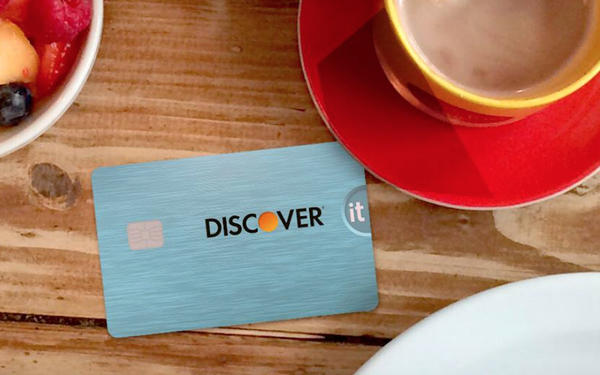research
Discover Card, Avis, Google Tops In Customer Loyalty
- by Tanya Gazdik , February 7, 2019

The top 10 brands in terms of customer loyalty range across categories, but have one common element: trust.
Brand Keys research finds that consumer expectations increase annually on average 25%.
“Expectations for trust are up across all product/service categories and brands,” says Robert Passikoff, president of Brand Keys. “Meanwhile, customer concerns regarding privacy, security, and brand transparency have reached a tipping point.
Brand Keys identified 10 brands regularly number one in their categories for the 2019 Customer Loyalty Engagement Index. The brands are: Discover Card (Credit Cards), 23 years; Avis (Car Rental), 20 years; Google (Search Engine), 19 years; Domino’s (Pizza), 15 years; Dunkin’ (Out-of-Home Coffee), 13 years; Konica Minolta (Office Copiers), 12 years; Hyundai (Automobiles), 10 years; AT&T (Wireless), 10 years; Amazon.com (Online Retailer), 10 years and Amazon Kindle (E-Reader) nine years.
Without trust, brands are just another product or service fighting for share, Passikoff says. “There’s only a handful of categories which seem to have dodged the trust bullet, and those are very nearly commodities,” he tells Marketing Daily. “The emotional side of engagement and loyalty is becoming more and more important each year. We estimate that on average the consumer decision loyalty process is 70% emotional and 30% rational. That makes trust an extraordinarily powerful value to own.”
There are three concrete fiscal realities of loyalty and engagement that marketers should keep in mind, he says. It costs 9 to 11 times more to recruit a new customer than to keep an existing one. An increase in loyalty of only 7% can lift lifetime profits per customer by as much as 85%. Depending upon the sector, an increase in loyalty of just 3% is equivalent to a 10% across-the-board cost reduction program.
Brand Keys expects to see shifts in rankings year-to-year.
“Brands aren’t perfect, no matter how hard marketers and manager try or how much they spend on social networking,” Passikoff says. “But this year 47% of the category leaders shifted, three times the normal rate we see. Of that, 90% of those shifts were due to changes in consumer trust perceptions.”
Primacy of product, satisfaction and recommendations have become the price of entry into any category.
“They’re table stakes; you either can do them or you don’t get to play at all,” he says. “Trust has become the connective tissue between brands and loyalty. Get consumers to trust you and you’ll always be No.1, in our survey, and in the consumers’ hearts, minds, and wallets.”
For the 2019 CLEI survey, 51,673 consumers, 16 to 65 years of age from the nine U.S. Census Regions, self-selected categories in which they are consumers and brands for which they are customers. Forty-five percent were interviewed by phone, 45% via face-to-face interviews (to include cell phone-only households), and 10% were interviewed online.


